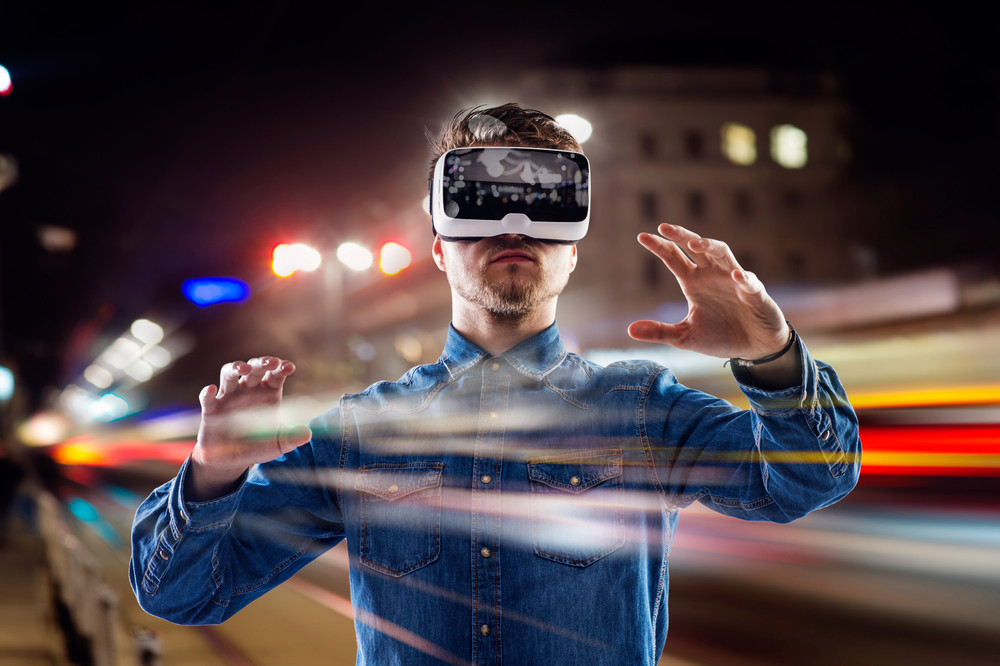
Virtual reality isn’t just for playing games. This field has expanded vastly within the past few years. The technology allows you to experience a simulated environment as if you were there for real. Thanks to a headset and controllers, realistic sights and sounds allow you to explore things like careers. Read on for more insight about what VR career exploration entails.
Explore Occupations
VR career exploration is a way of using VR to learn about various occupations and industries and discover the skills and interests you have. According to VEDX Solutions, computer and research information scientists in the U.S. earn an average of $131,490 per year. If such an industry or others interest you, you can use VR to cosplay. You may even be a research scientist who uses VR for your work!
Gain simulated experience as a nurse, chef, doctor, mechanic, or astronaut, so you can understand the challenges and opportunities of each career. It’s a great way to get a feel of a work environment when you’re curious about different industries to see if pursuing further education is worth your while.
Make Informed Educational Decisions
It’s no secret that college is expensive. So before you decide to pursue a degree in a profession, use VR in education to get a feel for whether such a profession is right for you. In other words, it can prevent you from taking out a bunch of loans or going through years of schooling for something you may later realize isn’t right for you. Thanks to virtual reality, you’ll have time to act out daily situations to see if becoming a doctor, policeman, research scientist, or teacher is worth studying for several years. The idea of becoming a doctor may sound impressive, but you may feel different once you have to actually see blood or cut someone open on a surgery table.
Personalize the Career Process
Traditional career guidance is still important when pursuing your education and future career goals. However, VR career exploration is a compliment to enhance such career research. Therefore, it can make the process more creative, engaging, and personalized. You make strides in developing skills and truly seeing what you may or may not be good at.
VR career exploration is an essential feature that schools can utilize to help students decide what their future holds. Whether one wants to become a researcher, archeologist, medical professional, or beyond, virtual reality can make the career decision process more sure and personal.



